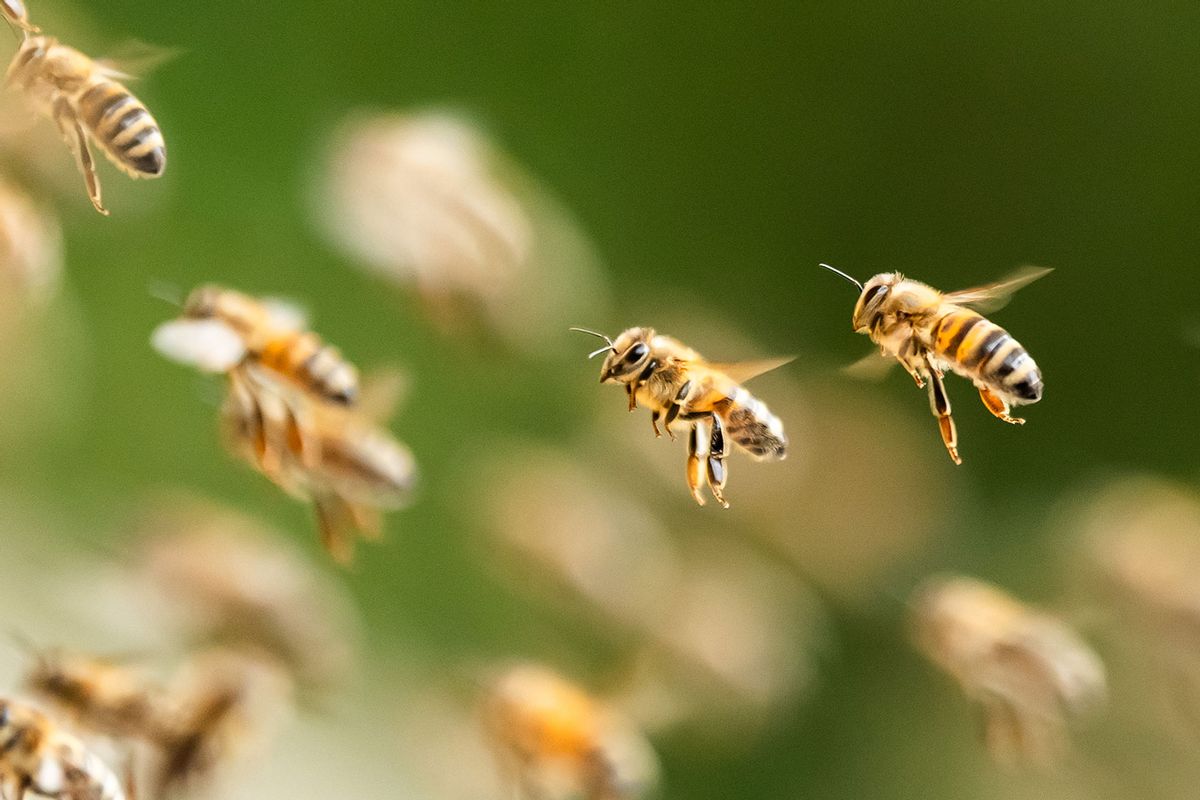Altruism may exist in honey bees, which is inherited through their mothers: study

A new study reveals a potential genetic basis in altruism — or demonstrating selflessness to benefit others — and it does so by looking no further than the common honey bee. According to a recent paper in the journal Molecular Ecology, it comes down to the development of female honey bees. Because only one female honey bee in the hive gets to be queen, the other female honey bees are relegated to the status of worker bees. The way this hierarchy shakes out is through phermone exposure. Specifically, female honey bees are exposed to the designated queen honey bee’s mandibular pheromone (QMP) either directly or through other worker bees. The exposure to QMP deactivates their own ovaries and makes them inclined to instead raise the queen honey bee’s offspring, known as retinue behavior.
The researchers behind the paper unlocked the genetic secrets behind how this happens. There are specific genes that cause female worker bees to be more receptive to this pheromone, and consequently to engage in retinue behavior. Although these genes can be passed down from either the father or mother bees, there is only one situation in which it will lead to altruistic behavior: When they are passed from the mother.
This is not the first study to highlight the unique importance of bee mothers. In September a different study published in the journal Communications Biology revealed that carpenter bee mothers spend an unusually large amount of time with their offspring because it helps them ward off potentially deadly diseases.

